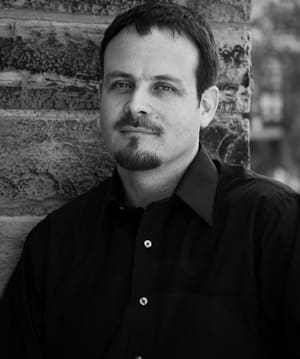To know
That which before us lies in daily life
Is the prime wisdom.
—John Milton
With Comment, we try and connect three things in every issue (although not necessarily all three at the same time in every single piece we publish): (1) the biblical worldview, (2) everyday-work-as-cultural-engagement, and (3) economic life.
To find the meaning in work, and to make sense of work in the context of modern economic life, requires the kind of framework that the biblical worldview provides. Such a worldview provides us with insight into “the given, normative structure of reality that points us in a responsible direction”—what the Dutch philosophers Egbert Schuurman and Johan Mekkes call “the dynamic of creation.” Schuurman writes of this structure that it “consists of a large number of distinct but interrelated norm principles to which all human beings are obliged to respond. . . . Human beings are required to work out these norm principles into norms that can function as signposts for responsible cultural activity.”
Easier said than done.
Gaining insight into the basic principles that structure and direct human action is hard enough. Working those beginning guidelines out in everyday life is even harder. It requires a kind of ordinary expertise or practical wisdom. It takes the kind of skilful practice that comes from hard experience and careful reflection on that experience. As Paul Marshall writes in Heaven Is Not My Home (1998):
We cannot play any game, be it chess or basketball, without knowing the rules. However, simply knowing the rules is not enough to play. I know the rules of basketball, but nobody (I mean nobody) would choose me for a team.
Michael Jordan is not a great basketball player simply because he (usually) keeps the rules. He is a good player because he has learned what the possibilities are within the rules, and he has the skills to act out those possibilities. Merely knowing the foul rules or the free-throw rules does not teach us how to dribble, pass, or dunk. Rules tell us what we must do to win and what we can and cannot do. They give us normative direction, the boundaries of our actions. But we still have to learn to play. We still have to discover and execute the billions of plays that are possible within the rules. Even a good referee can be a lousy player.
Similarly, we cannot fully appreciate all the complexities and potentialities of the “game,” until we start to play. In art, politics, education, and work, the end result is not predetermined (except in the glorious final sense of Christ’s ultimate victory and the renewal of all things). Our life always involves real questioning, probing, trying, learning, and revising as we struggle to learn and to do God’s will in the situation at hand.
That is why Comment tries to publish more reflections on the playing of the game than on the rules for the game. As we do in this issue. We try and track down reflective practitioners who will tell us about the practice of their crafts—architecture, sheep herding, newspaper making, and the teaching of English or the violin. We engage thoughtful leaders in dialogue over the issues that impinge on work and economic life—managerial leadership, industrial relations, globalization. We explore the contributions of those who open our eyes to the wonderful dynamics of creation.
An aside: Reports of Arts ( www.aldaily.com) death in the previous issue of Comment were greatly exaggerated. Or, more accurately, it has since been resurrected with the help of The Chronicle of Higher Education.

